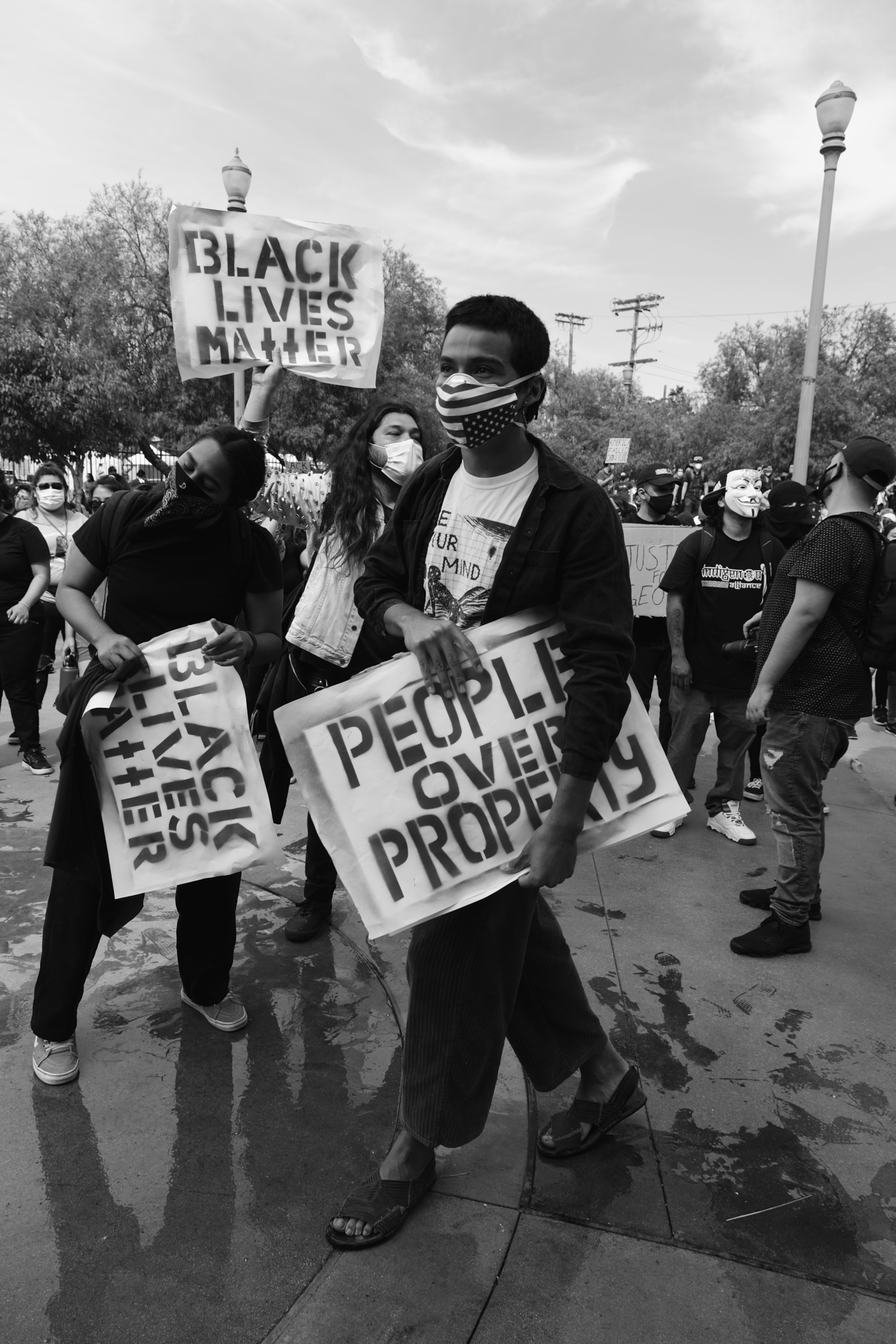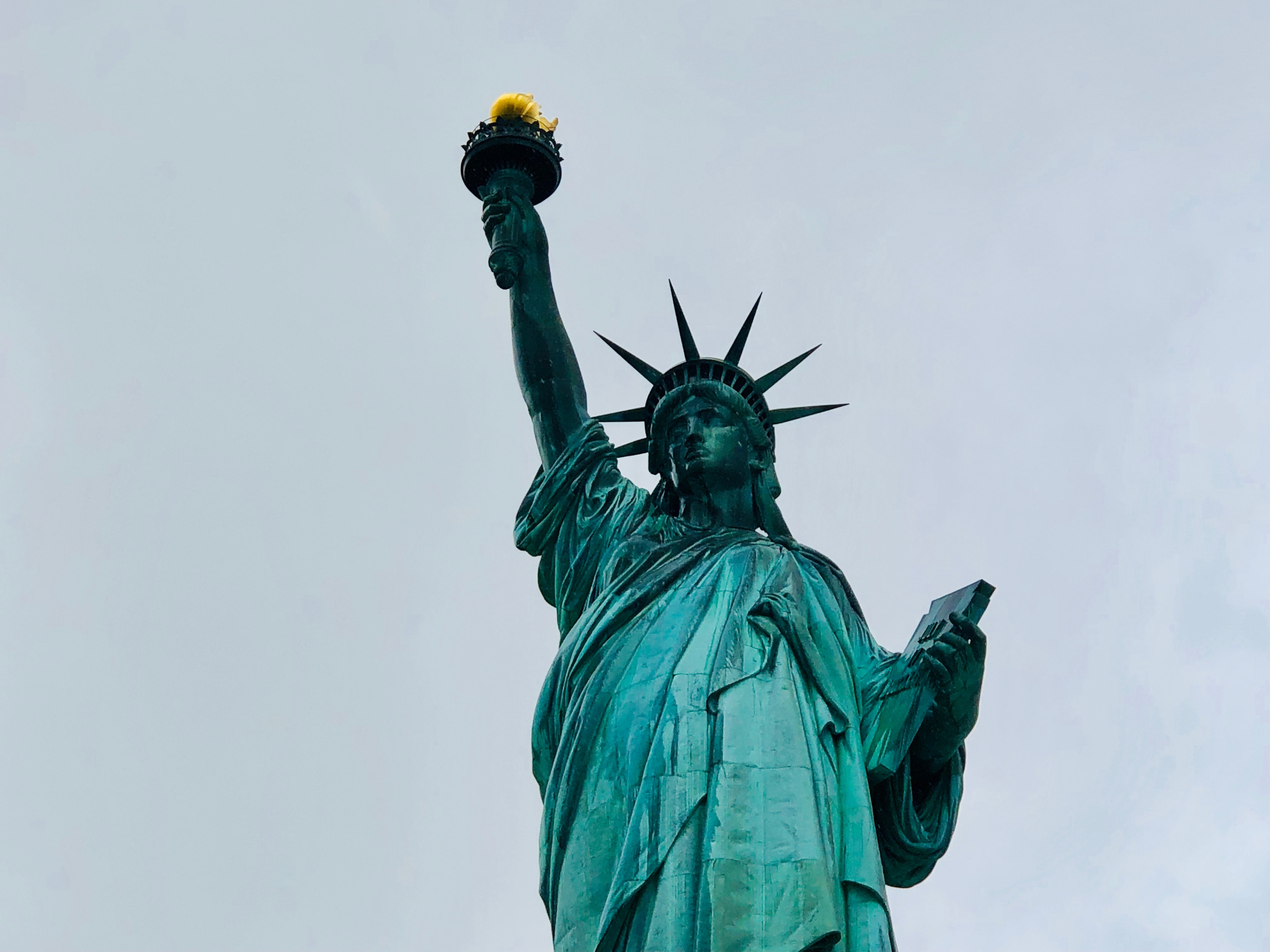Top 100 Americans
Smithsonian magazine’s latest special edition recognizes the most notable Americans. Georgia O’Keeffe, Muhammad Ali, and Abraham Lincoln are mentioned as the well-known American historical figures. Thomas Paine’s significance Who else? Elvis-less? Eisenhower equivalent 10 years ago, would you have answered differently? In ten years, how will you respond? Martin Luther king JR had not less significance there.
How can we measure historical importance in a culture overwhelmed by information and online search tools? Charles B. Ward and Steven Skiena are inventive. Skiena co-founded the social analytics startup General Sentiment and teaches at Stony Brook University.
Ward works on ranking strategies at Google. In their response, they use advanced math. In Who’s Bigger?, they analyze the historical zeitgeist quantitatively. Ranking historical figures
UW News’ Top 100 Americans
- NBC
- 09 Dec
- top 100 U.S.
- Henry Ford
- Parks 2.
- 3. TR
- King, Jr.
- Einstein 5
- Franklin, No. 6
- 7. G.W.
Black history and culture National Museum of American History

One People, One Country
- Plan trips
- Daily from 10 a.m. to 5:30 p.m., excluding Dec. 25.
- Hip-Golden Hop’s Era Photo Collection
Some of hip-iconic hop’s characters and occurrences are juxtaposed with historical photos from the museum’s collection in “Represent: Hip-Hop Photography.”
Learn more about Now Showing Golden Era of Hip-Hop.
Ends Soon
Sunday, August 21, 2022 is the last day of “Make Good the Promises: Reconstruction and Its Legacies.”
Party for hip-hop
Saturday, August 13, join us for a star-studded Hip-Hop Block Party to celebrate the Smithsonian Anthology of Hip-Hop and Rap’s first anniversary.
Live Hip-Hop Block Party
American historical figures: History of Juneteenth
First Watch Night services were held on “Freedom’s Eve” in 1863. Both enslaved and free African Americans gathered in churches and homes that evening to await the Emancipation Proclamation.
All Confederate slaves were freed at midnight, answering prayers. Many black Union soldiers marched into plantations and southern cities reading the Emancipation Proclamation to spread freedom throughout the Confederacy. Civil rights movement was important for each civil rights activist.
Only the Thirteenth Amendment ended slavery in the entire US. Not everyone was free in Confederate territory. The Emancipation Proclamation was issued in 1863, but it was not implemented in Confederate territory. Slaves weren’t freed until much later in Texas, the westernmost Confederate state.
On June 19, 1865, 2,000 Union troops arrived in Galveston Bay, Texas, bringing freedom. The army announced that more than 250,000 African slaves had been freed. Emancipated Texans began naming this day “Juneteenth.”
In 1864, R. A. Dimmick engraved this copy of Lincoln’s proclamation in response to demand.
Reconstruction (1865–1877) was a time of promise, uncertainty, and hardship for the nation. People who had been slaves aspired to reconnect families, organize schools, seek office, advocate radical policies, and sue slaveholders for damages.
Such progress was astonishing, given 200+ years of enslavement. African Americans were encouraged to transform their lives and the country before a decade of freedom.
Juneteenth is our second independence day. Despite being remembered among the African American community, most Americans are ignorant of this occasion. Wright brothers had significant studies of world war ii.
Books for Juneteenth
National Museum of African American History and Culture prepared a summer reading list on Juneteenth and African American customs.
July 19th Reading List
- Children’s Resources
- Juneteenth resources for youngsters.
- Learn about kids’ resources
- SMM toolkit
- Join the museum on social media for Juneteenth!
- Social Media Toolkit
Why Do History? (1998)
Pete Stearns The present-minded. Future plans are made. The study of history is the past. Why focus on the past when there are so many demands in the present and future?
Why is history so important in American education when there are so many other areas to study? So why do we encourage so many students to study history beyond what’s required?
Every topic must be justified; proponents must explain why it’s significant. Many people like history because of the knowledge and methods of thinking it presents. Less impulsively involved viewers need to know the purpose.
No heart transplants, better road designs, or criminal arrests are made by historians. In a culture that values education for its benefits, history’s functions may be tougher to define than those of engineering or medicine.
The findings of historical study
The findings of historical study are less immediate and tangible than those of other disciplines, but they are nevertheless useful and even essential.
History is justified by reasons we no longer accept. Early leaders thought that knowing certain historical details helped separate the educated from the uneducated; a person who could name the person who developed the theory of evolution around the same time as Darwin (Wallace) was deemed superior and a better candidate for law school or even a bus driver.
From China to the U.S., historical knowledge is used as a screening technique in many communities. Unfortunately, this practice may encourage mindless memorization, a genuine but unattractive aspect of the discipline.
History should be studied
Because it’s vital to people and society and beautiful, history should be studied. There are several historical abilities and pathways to historical significance, therefore there are many ways to explain the subject’s true goals. But all theories of history’s utility hinge on two essential truths.
Knowing individuals and societies through history First, history reveals how people and groups interact. Trying to comprehend how people and civilizations work is difficult. Only using current information will harm our work. Supreme court justice was created for implementing the most important duties. John marshall had the same opinion.
Principles concerning human behavior
If the country is at peace, how can we analyze war besides utilizing history? How can we understand brilliance, the impact of technology, or how beliefs affect family life without knowledge of past events?
Social scientists establish hypotheses or principles concerning human behavior. Even these tools rely on historical data, with a few, often imaginary exceptions where experiments can be designed to observe how people react.
Mass elections, missionary work, and military alliances are societal services that can’t be recreated exactly. History must be our imperfect laboratory and our most important source of evidence in the endeavor to understand why our complex species behaves the way it does in social circumstances.
This is why history is so important: it’s the sole scientific basis for thinking about and analyzing how societies work, and people need to grasp this to manage their own lives.
History reveals change and the beginnings of our society. The second reason history must be studied is tied to the first. The past shapes the future. Benjamin franklin had the opinion that world history shapes the future of humanity.
We all must go to past events.
Whenever we try to explain why anything happened—whether it’s a shift in the relative power of political parties in Congress, a rise in teen suicides, or a conflict in the Balkans or the Middle East—we must go to past events.
Sometimes recent history is enough to explain a major event, but often we must go further back to identify the core causes. We can only understand how things change, the causes of change, and what features of an institution or culture remain by studying history.
History in Our Lives These two reasons for understanding history form the basis for many other applications in daily life. A well-told narrative is wonderful. Many historians who appeal to the general reading public write accurately and well.
The stories in biography and military history add to their attractiveness. History as art and entertainment serves a role in aesthetics and understanding. Well-written stories show how individuals and communities behaved in earlier times and cultures and stimulate introspection.
People are drawn to efforts that reconstruct distant pasts for aesthetic and humanitarian reasons. Investigating the “pastness of the past”—how people lived in the past—is beautiful and exciting and offers a new perspective on social life and human existence.


